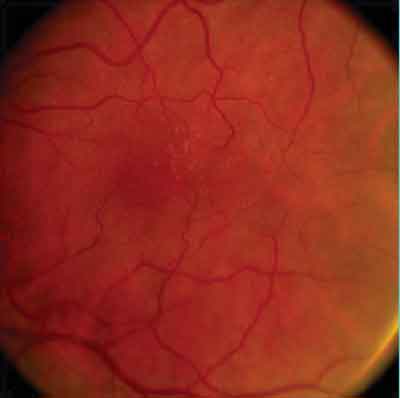Patients who have early-stage age-related macular degeneration are almost twice as likely to have a stroke than those who do not have this ocular disease, according to a study in the July 18th Annals of Internal Medicine. The study, conducted by The Centre for Eye Research Australia in Melbourne, looked at 10,405 individuals ages 49 to 73 who were part of the population-based Atherosclerosis Risk in Communities Study. None of the individuals had a history of stroke or coronary heart disease. Retinal photos taken between 1993 and 1995 revealed that 498 individuals had early-stage AMD, and 10 patients had the late stage of the disease. During a 10-year period, 241 individuals had a stroke. After adjusting for ethnicity, age, sex and test site, those who had early-stage AMD had a higher cumulative incidence of stroke than those who did not have the condition (4.08% vs. 2.14%). Also, the presence of early-stage AMD was linked to a higher risk for stroke even after adjusting for systolic blood pressure, diabetes, smoking and use of antihypertensive medications. Although further evidence is indicated to strengthen this correlation, the primary-care role of the optometric practitioner is to identify patients who have clinical signs of early AMD and counsel such patients regarding associated risk factors, e.g., smoking, as well as inform them of the increasing evidence implicating a correlation between macular degeneration and heart disease/stroke, says optometrist Maynard L. Pohl, of Bellevue, Wash., a founding fellow of the Optometric Retina Society.

All patients in the population-based Atherosclerosis Risk in Communities Study had retinal photos taken so that researchers could look for signs of AMD, such as drusen (above.)
Wong TY, Klein R, Sun C, et al. Age-related macular degeneration and risk for stroke. Ann Intern Med 2006 Jul 18;145 (2):98-106.

